Writing a heartfelt acknowledgment letter for donations is essential in showing gratitude to your supporters. Not only does it reinforce their commitment to your cause, but it also fosters a lasting relationship between your organization and its donors. A well-crafted letter communicates appreciation while sharing the impact of their contribution, making them feel valued and connected. Interested in learning how to create the perfect acknowledgment letter? Read on for tips and templates that can help you express your gratitude effectively!
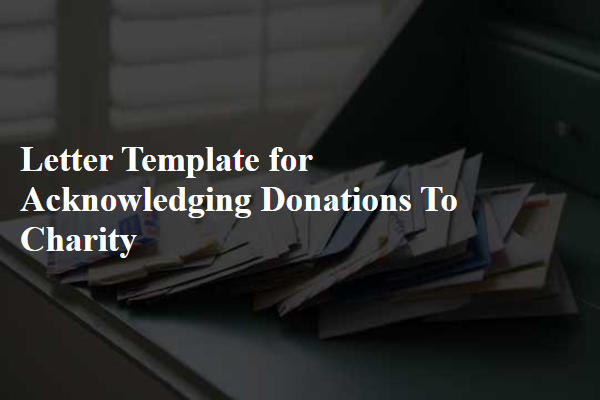
Donor's full name and contact information
Charitable organizations often recognize contributions with personalized acknowledgments. A donation acknowledgment typically includes details such as the donor's full name, which serves as a formal recognition of their generosity. Contact information, including email address and phone number, enables the organization to maintain communication, provide updates about future initiatives, and foster donor relationships. Acknowledgment letters also summarize the donation amount, the purpose of the contribution, and any relevant tax deduction information, ensuring the donor understands the impact of their support towards community programs or specific projects funded by the charity.
Charitable organization's name and tax identification number
The process of donation acknowledgment is essential for charitable organizations, ensuring donors receive proper recognition and goodwill. Charitable organizations, such as "Hope Foundation" (Tax ID: 12-3456789), rely on contributions to fund their projects. A formal acknowledgment letter should include the date of the donation, the amount contributed (e.g., $100), and a personalized thank-you note reflecting the impact of the donor's support on the organization's mission and programs. Providing explicit details about the use of funds (e.g., supporting homeless shelters or education programs) emphasizes transparency and encourages future donations.
Date and amount of donation
Charitable donations play a crucial role in supporting community projects and initiatives. On [Date], a generous contribution of [Amount] was received, showcasing commitment to aiding [specific cause or organization]. This financial support enables the implementation of vital programs aimed at [describe the purpose of the donation, e.g., providing food for the needy, funding education for underprivileged children, etc.]. Recognition of benefactors helps foster a sense of community, encouraging others to participate in philanthropic efforts. The positive impact of such donations is reflected in the improved quality of life for those served, affirming the importance of collaboration in addressing social issues.
Purpose and impact of the donation
Charitable donations play a crucial role in supporting underprivileged communities and various welfare programs. Contributions, such as monetary gifts or in-kind supplies, significantly enhance the capacity of organizations like food banks and educational charities. For instance, a donation of $100 can provide meals for ten families in need, emphasizing the transformative power of giving. Additionally, funds raised during events, like the annual charity gala held in New York City, can be allocated towards healthcare initiatives, ensuring that access to medical services reaches those who are often underserved. The collective impact of these donations fosters a sense of community and reinforces the importance of compassion and generosity in addressing social issues.
Expression of gratitude and future engagement opportunities
Donations to nonprofit organizations play a crucial role in sustaining programs that support community needs. Financial contributions, whether small or large, make a significant impact on initiatives ranging from education to healthcare. For instance, a recent donation of $5,000 from local businesses in Springfield helped provide meals for over 200 families during the winter holiday season. This generosity fosters a deeper connection between donors and the community, paving the way for future engagement opportunities such as volunteer events and fundraising campaigns. Recognizing the importance of each donation, organizations often send personalized acknowledgments to express gratitude, ensuring supporters feel valued and motivated to continue their contributions. In 2023, many nonprofits are also exploring digital platforms to streamline communication and enhance donor relationships, fostering a culture of transparency and community involvement.

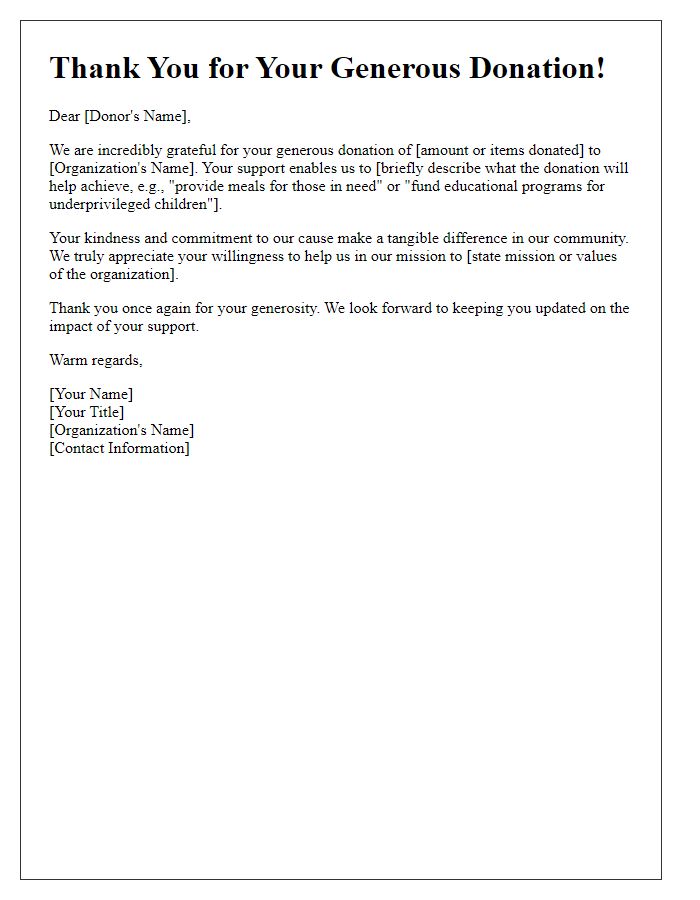
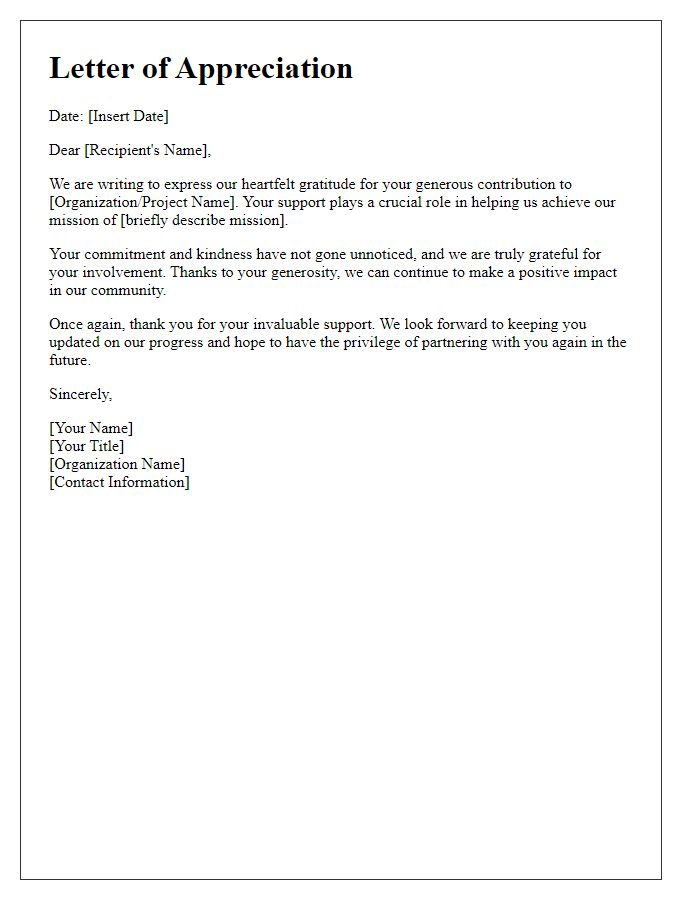
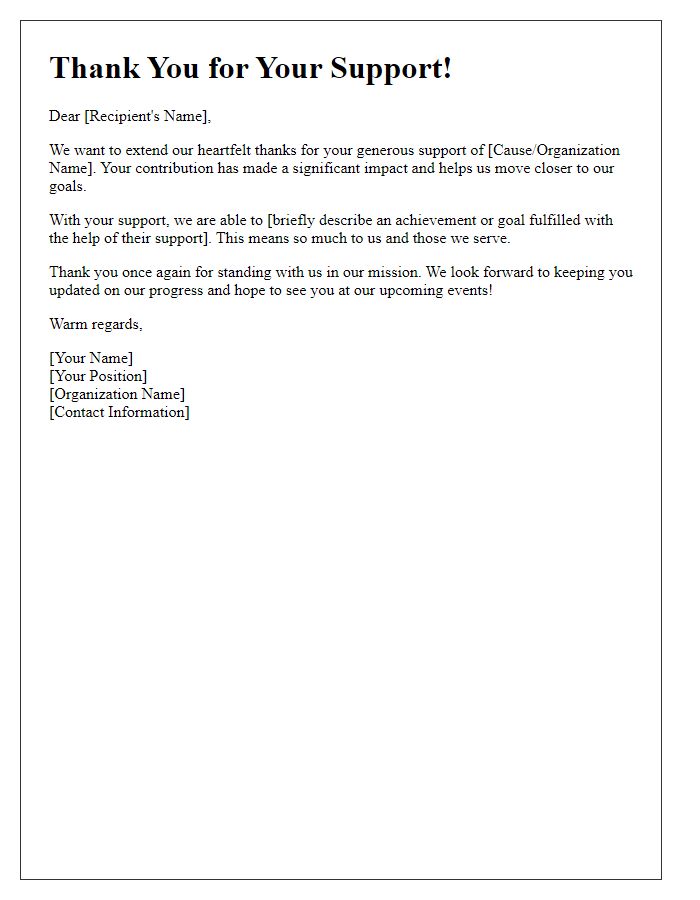
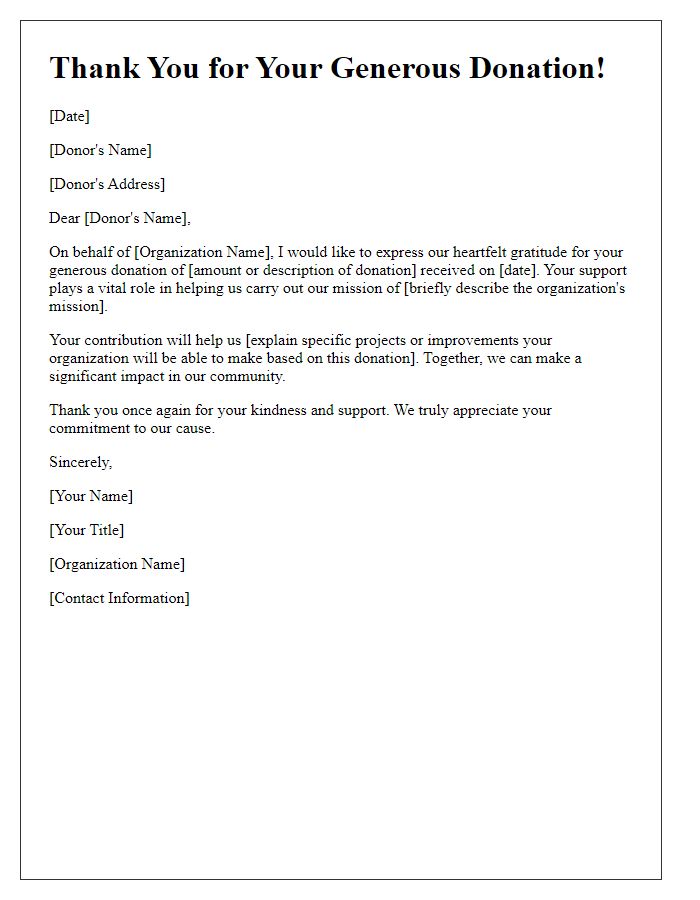
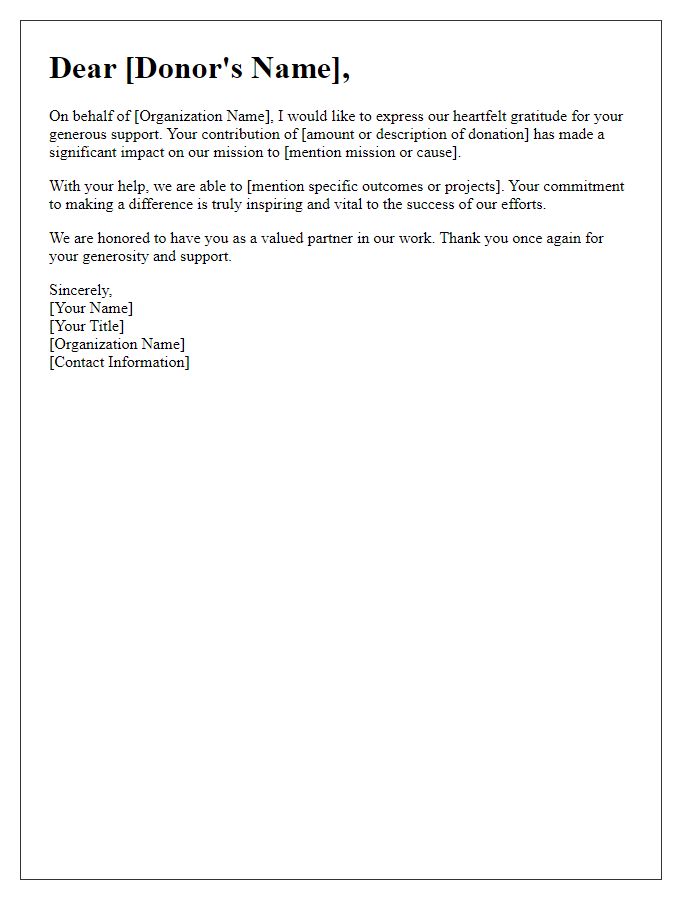
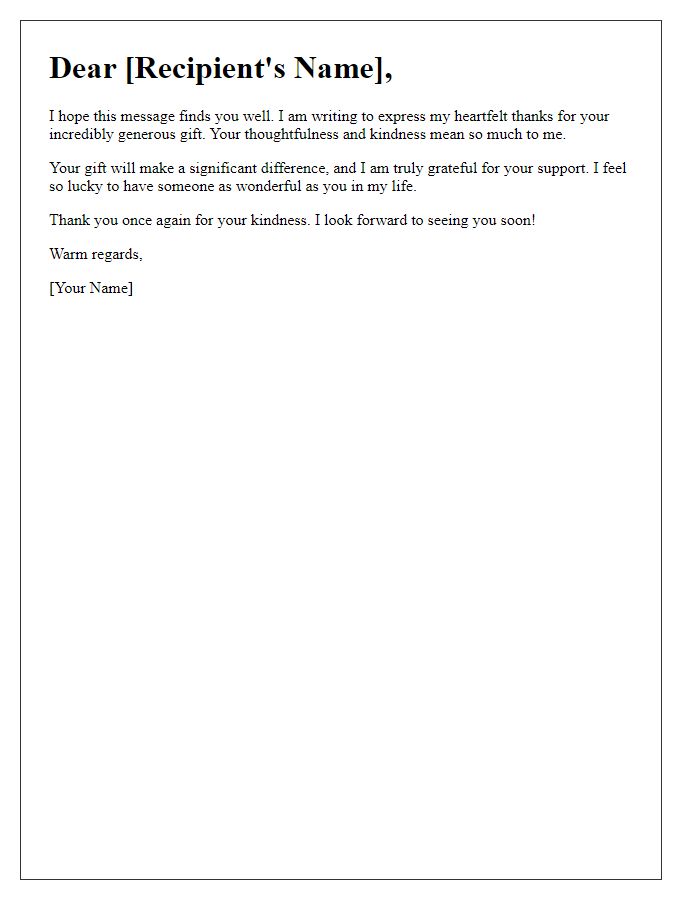
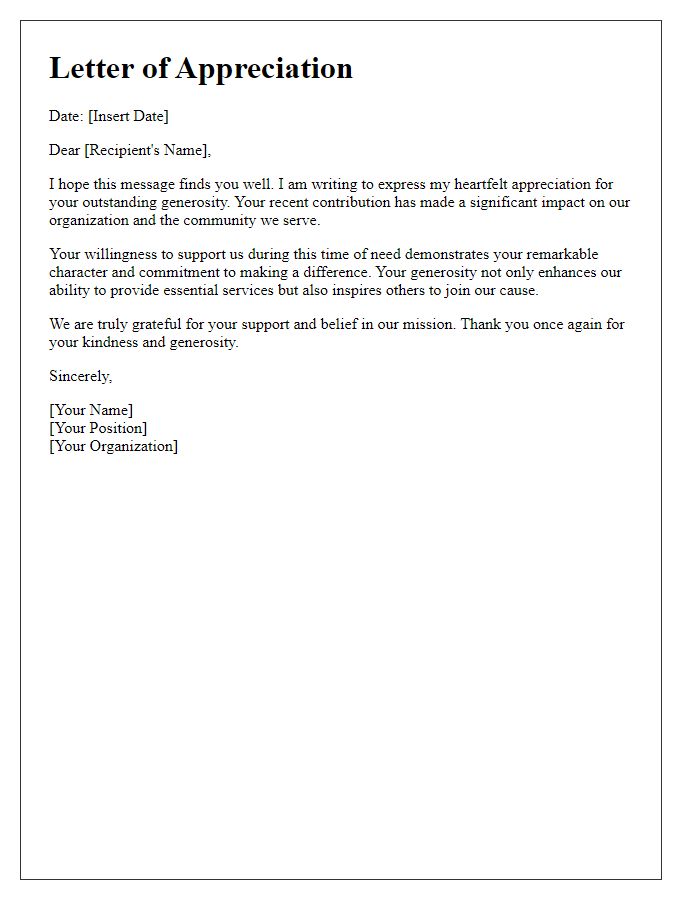
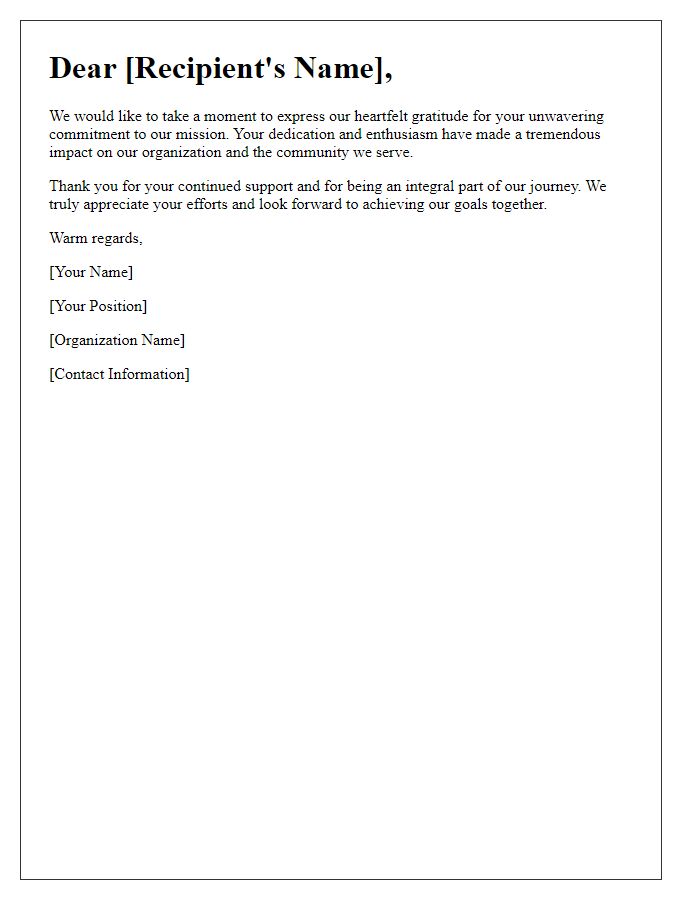
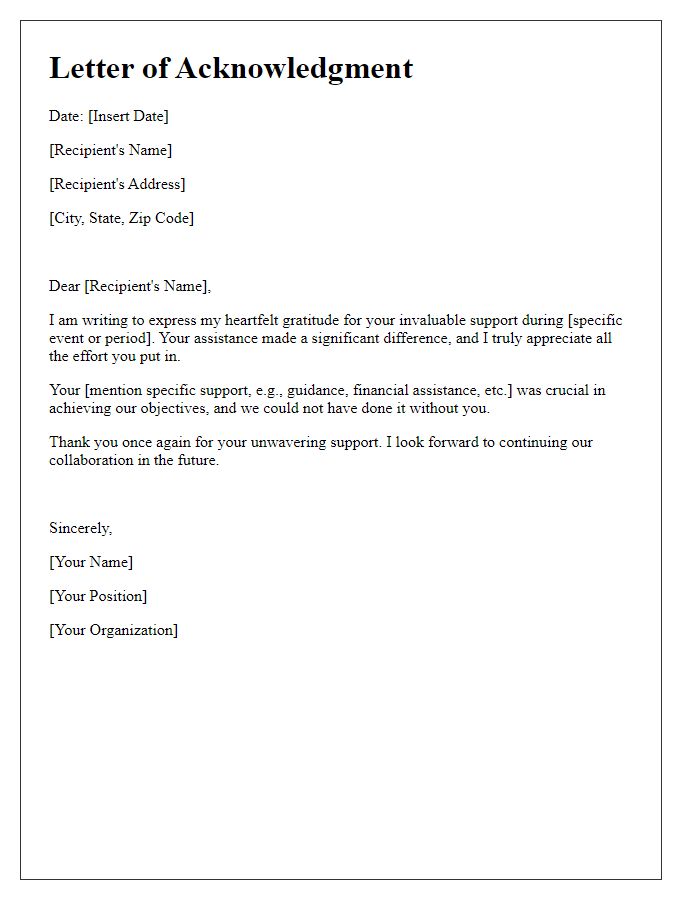
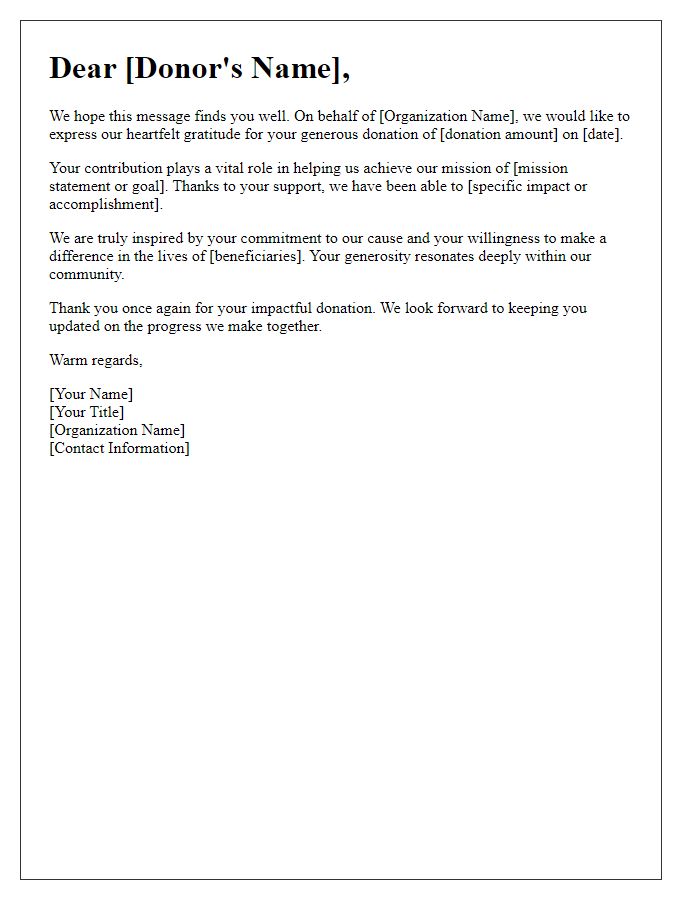


Comments